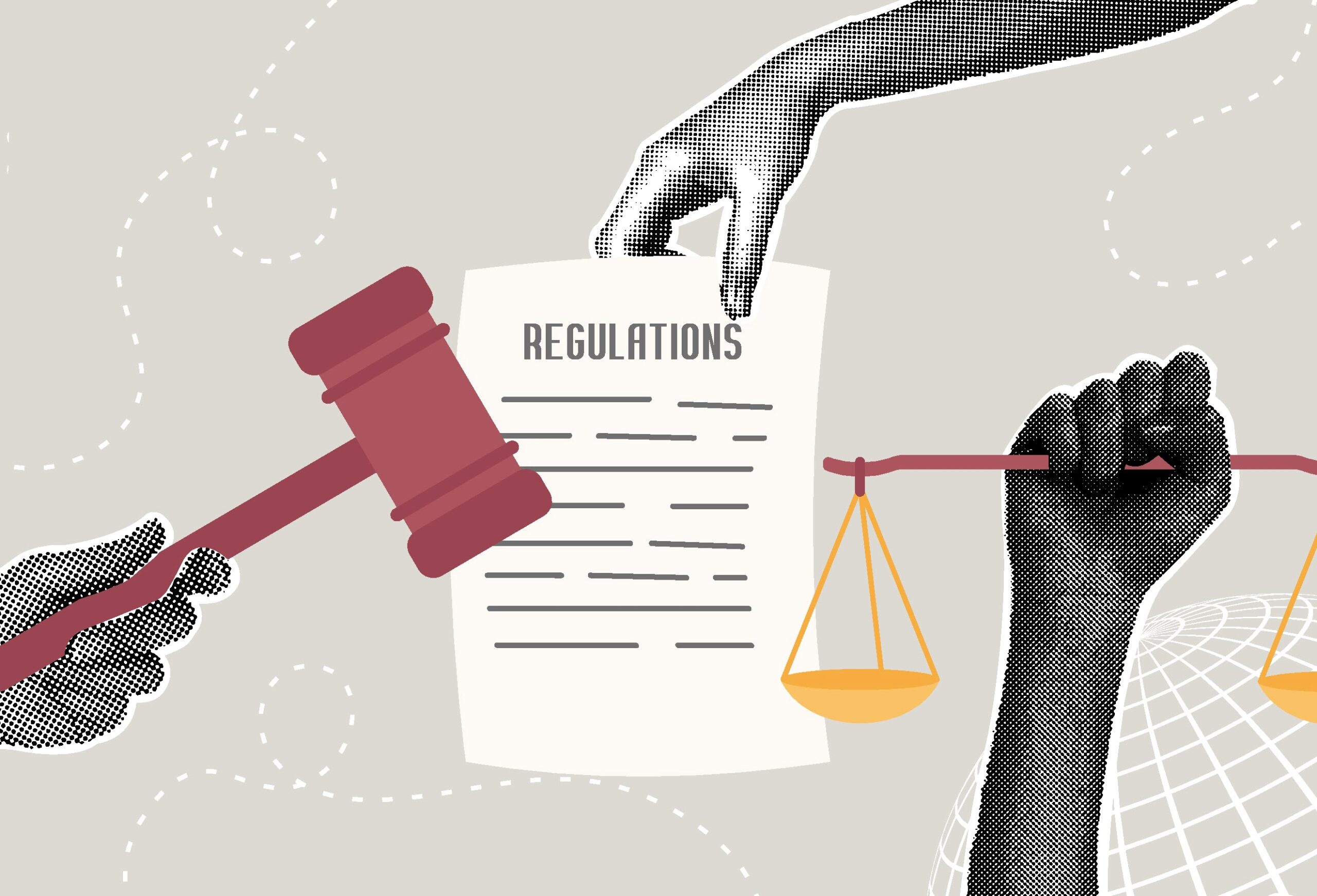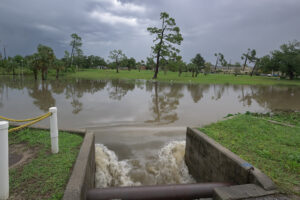Pending Legislation Seeks to Curb Third-Party Litigation Funding
Two bills making their way through Congress aim to limit the effects of third-party litigation funding on U.S. court systems. Support from APCIA and the broader liability insurance market is vital to their success, but what exactly do these bills propose?
August 11, 2025

The American Property Casualty Insurance Association (APCIA) has long supported initiatives to reduce the impact of third-party litigation funding (TPLF), particularly as it relates to legal system abuse. Recently, the House Judiciary Subcommittee on Courts, Intellectual Property, Artificial Intelligence, and the Internet held a hearing on “Foreign Abuse of U.S. Courts” to further discuss the matter, with APCIA commending their efforts.
“Third-party litigation funding creates conflicts for plaintiff attorneys, increases costs of litigation, and can even undermine our national security,” said Mark Walls, Chief Marketing Officer at Safety National. “In order to uphold the integrity of our court system, legislation needs to be enacted at both the federal and state levels, which creates transparency around these funding strategies.”
Here, we review the potential benefits of each bill and its implications for the liability market.
H.R. 1109: Litigation Transparency Act
Introduced in February 2025, this bill remains under review with the House Judiciary Committee. If passed, it would require civil litigants to disclose any TPLF, including hedge funds, private financiers, or shell entities, that could potentially profit from a case outcome. Funders must be identified, and funding agreements must be produced within 10 days of the agreement’s filing or execution.
This bill could be monumental for the liability insurance market. By exposing undisclosed litigation funders, especially in high-exposure general liability, professional liability, and auto liability cases, insurers would have clearer insight into the forces shaping claim valuation and litigation strategy. Greater transparency could reduce frivolous or profit-driven lawsuits, support more accurate reserving and defense planning, and ultimately help control claims cost and legal uncertainty.
H.R. 2675: Protecting Our Courts from Foreign Manipulation Act
Still awaiting committee action, H.R. 2675 was introduced in April 2025, seeking to gain disclosure of foreign-affiliated third-party litigation funders. As these funders can pose a significant risk to national security, improved data through the Department of Justice (DOJ) reporting could boost legal integrity and risk visibility. Disclosures would need to include funders’ identity, citizenship or incorporation, and any funding agreements, including certification of sources. Most importantly, it would prohibit foreign governments and sovereign wealth funds from funding U.S. federal legislation, with mandated annual reporting from the DOJ.
In the context of the liability market, this bill introduces vital safeguards against external manipulation in high-stakes tort litigation. Foreign-backed litigation has the potential to distort jury outcomes, inflate verdicts, and create systemic instability for insurers. These disclosures would help carriers better evaluate exposure and limit geopolitical risk factors influencing claim dynamics.

























